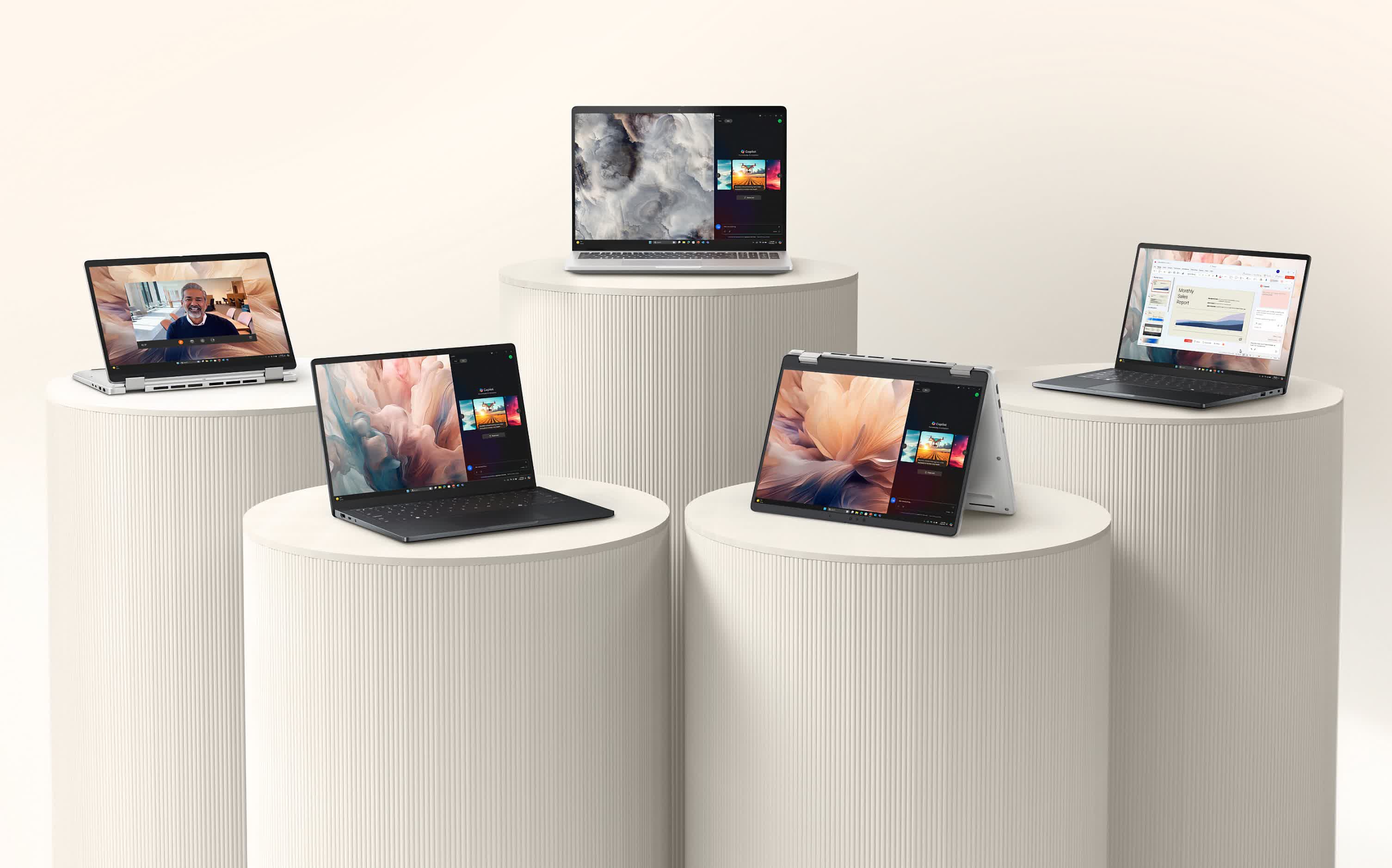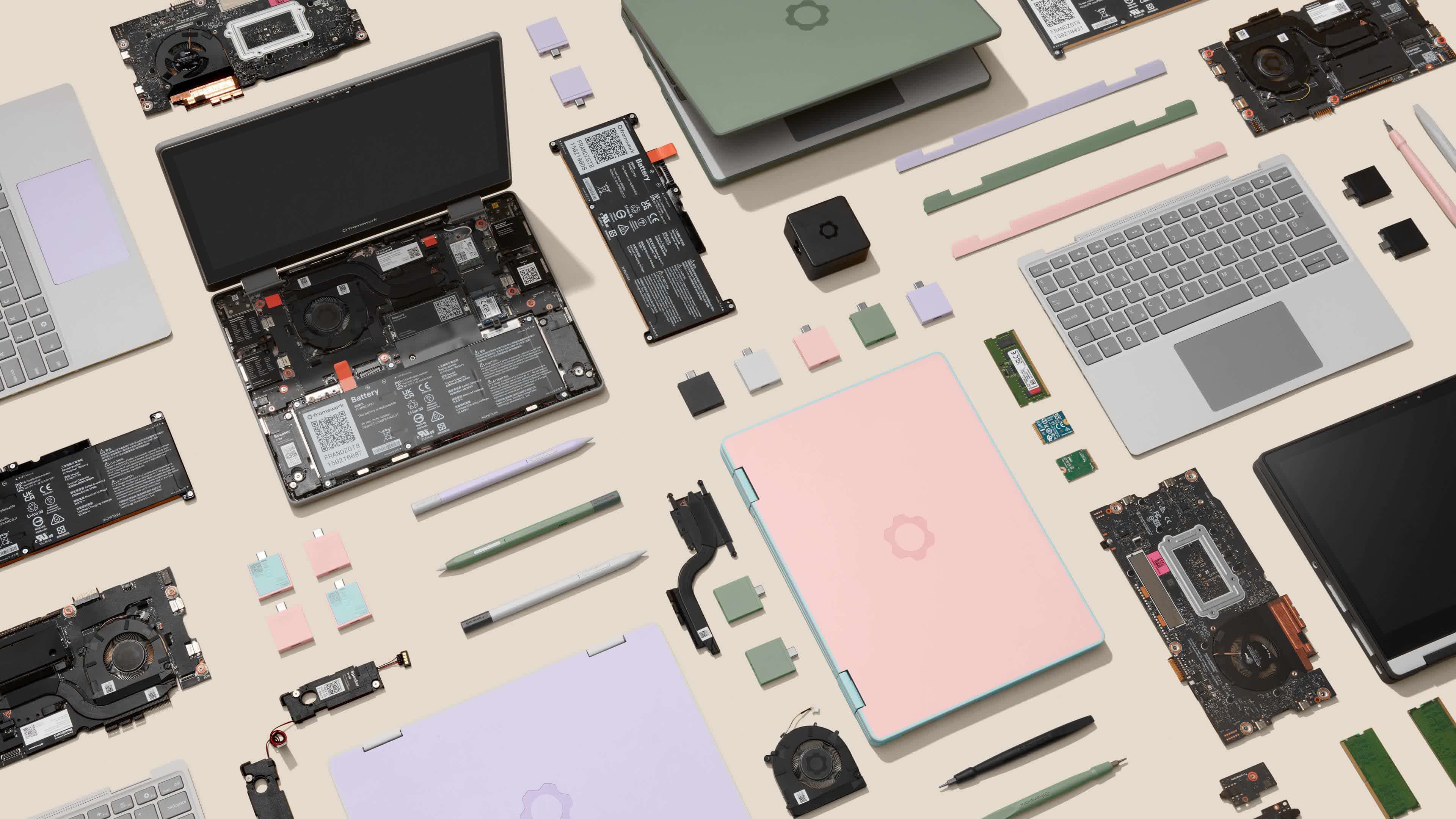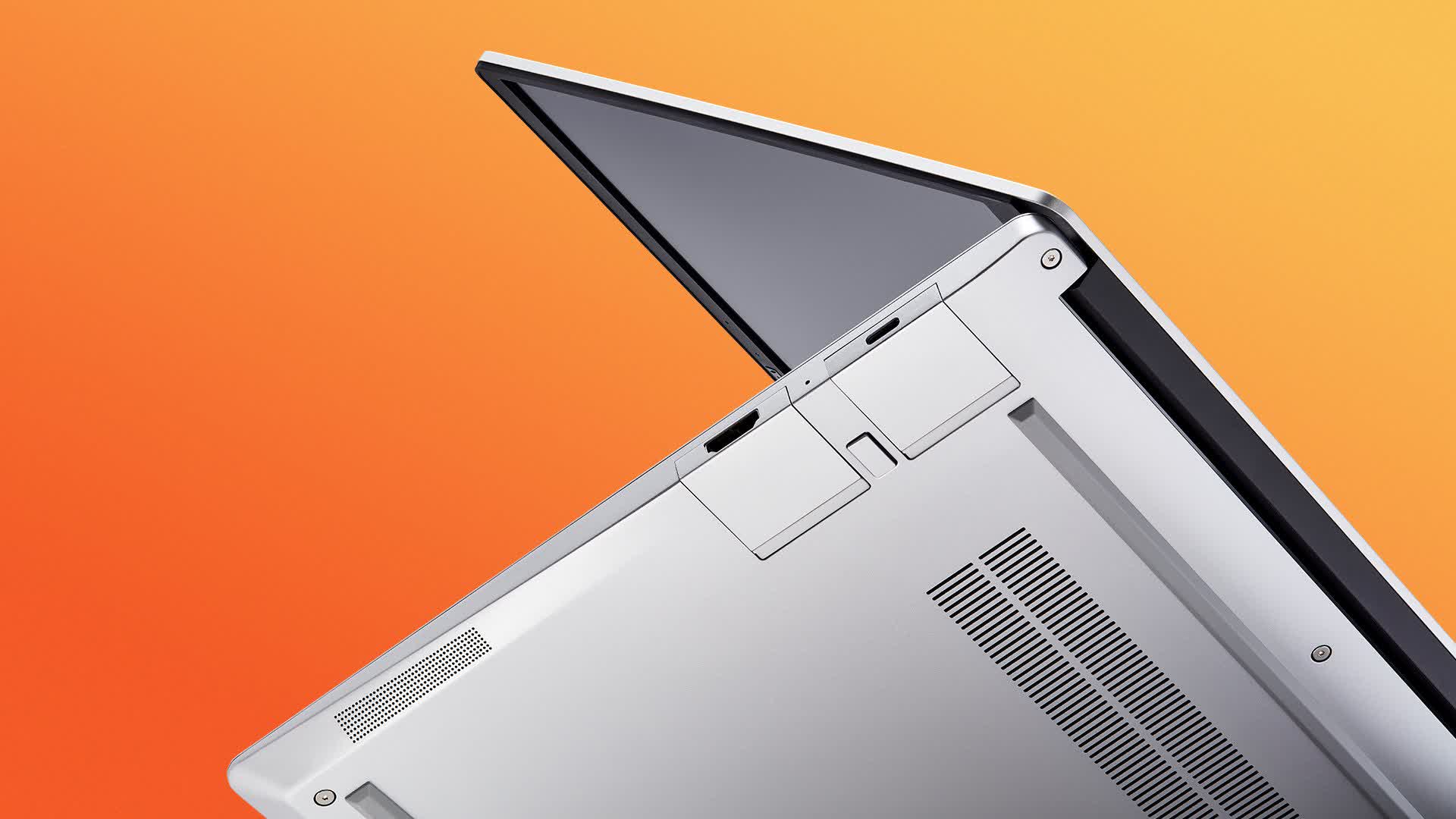Why it matters: A few companies are trying to make laptops as customizable as desktops, allowing users to swap individual components without replacing the entire system. Intel recently signaled its support for the concept, but recent comments indicate the company is primarily interested in helping vendors provide more options.

According to PCWorld, Intel India president Gokul Subramaniam recently elaborated on the company's proposed modular laptop standards. While other companies aim to provide users with desktop-level customization, Intel wants to offer hardware partners greater flexibility.
Subramaniam, who is also the vice president of Intel's Client Computing Group, said the last two or three generations of the company's laptops have made systems, boards, and components more modular. The changes should help vendors like Acer and Asus provide customers with more options without building completely new models.

Framework's laptop components
For example, Intel might design a single board for all 16-inch dual-fan laptops, and another for all 14-inch single-fan models. As a result, hardware partners could simply slot the boards into shells featuring various component combinations. The company also aims to introduce more flexibility by splitting boards into multiple smaller interchangeable PCBs, allowing customers to select individual components when customizing orders.
Intel initially outlined its plans in January when it proposed a standard set of measurements for laptop motherboards and I/O modules. Industry-wide acceptance might speed up the design process for new components and enable users to upgrade individual parts without replacing the entire laptop. The company could also apply the concept to mini-PCs.

Framework has been offering modular laptops for years, allowing users to swap motherboards, I/O ports, and other parts without replacing the chassis. Eventually, the company hopes to expand its selection of socketable discrete graphics for its 16-inch models, but recent tariffs have complicated sales to US customers. Still, Framework recently introduced its first desktop and 12-inch laptop models. So far, the company has focused on x86 hardware but recently began cooperating with DeepComputing to expand into RISC-V.
Meanwhile, MNT is developing a similar modular ecosystem for Arm Linux laptops. However, instead of off-the-shelf parts, the company's Reform laptops utilize more exotic components to emphasize total independence from major tech giants. MNT also has a prototype mini desktop, and a touch device is in early development.
It remains unclear whether Intel or other major laptop companies might ever adopt at-home customization like Framework and MNT.
Intel wants more modular laptops, but the focus is on OEMs, not consumers